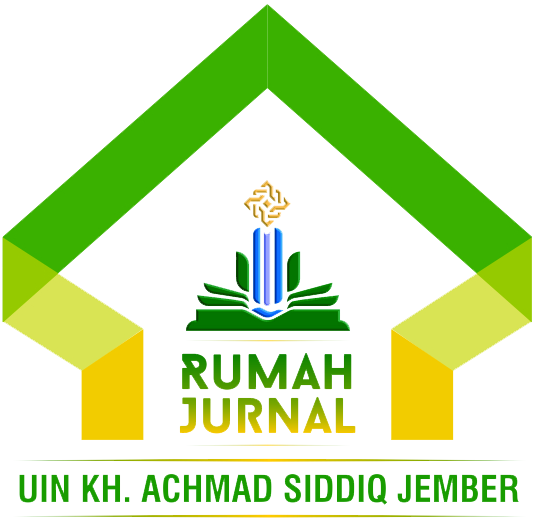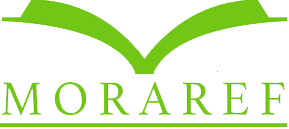CORRECTIVE FEEDBACK ON EFL WRITING CLASS: A NARRATIVE STUDY AT INDONESIAN PRIVATE UNIVERSITY
Abstract
The aim of this current study is to investigate EFL students perspective about CF who enrolled in writing course in an Indonesian private university. Data gathering used interview. Question of the interview contain four questions.The findings indicate that the participants’ need CF in her writing product. The findings have practical implications for EFL teachers and course designers. Conclusions were then drawn as well as discussing recommendations. Overall, the result of this current study tried to answer the research question about the EFL students’ motivation enrolled in Writing course situated in one of private universities in Jember, East Java, Indonesia. To answer the research question reseacher we employed narrative inquiry (Barkhuizen et al., 2014; Connelly & Clandinin, 1990). The results indicated that student need CF as a strategy to evaluate their writing product. Second, the teacher usually provides some types of CF such as Direct feedback, indirect feedback and metalinguistic feedback. . Thirdly, the the direct feedback can significantly affect their writing product especially in structure case.The implication from this research is motivation greatly influences students' affectiveness and teachers play an active role to increasing student writing development. This research has several limitations such as this study still has limited participants (n=1) and cannot to be generated. Also this present study only conducted in eastern java Indonesia. Further, the topic of the research only focused on learners writing skill. Therefore it is suggested for future researched to involved in large skill of participant in another skills.

This work is licensed under a Creative Commons Attribution-NonCommercial 4.0 International License.














